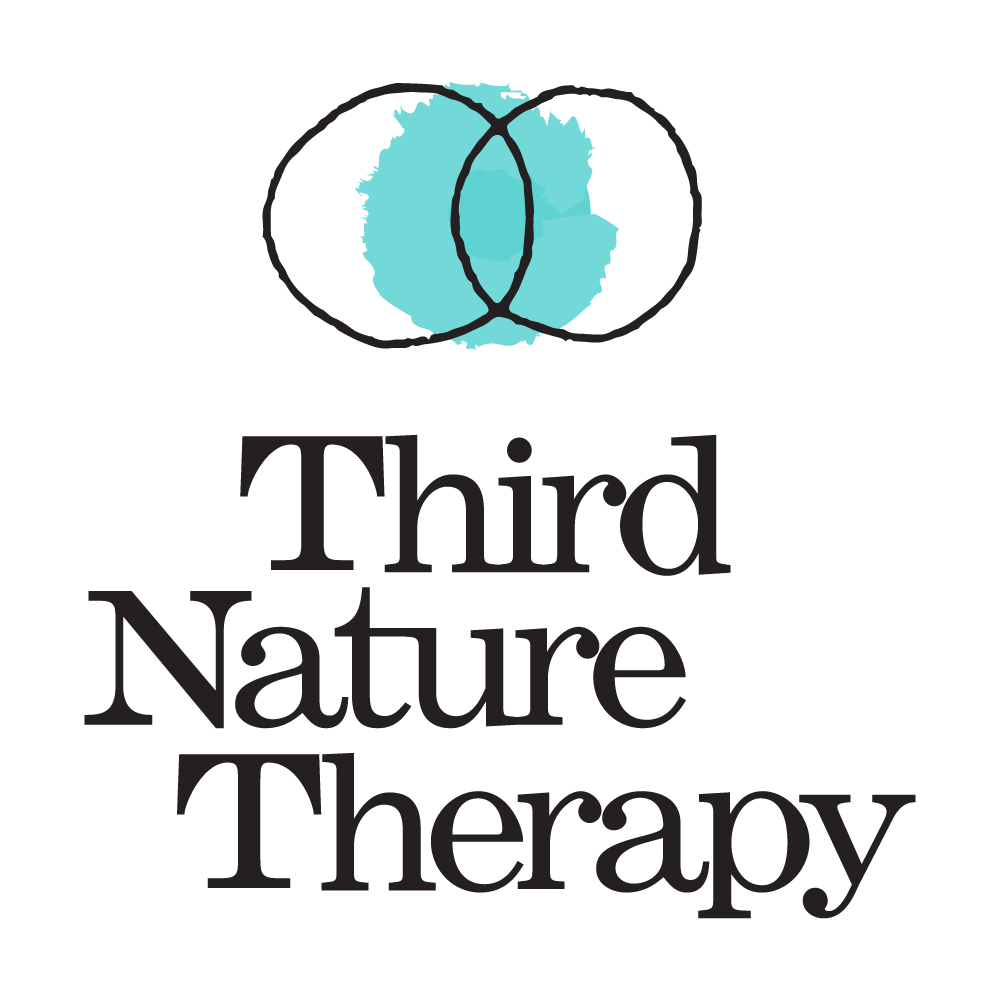What Happens After EMDR?
Eye Movement Desensitization and Reprocessing (EMDR) therapy is a powerful treatment for individuals struggling with trauma, anxiety, and other emotional difficulties. Many therapy clients wonder what comes next after completing EMDR therapy with a licensed therapist.
Let’s explore what individuals can expect in the aftermath of EMDR and how this therapy can lead to transformative changes in their mental health.
Immediate Effects of EMDR Therapy
After completing EMDR therapy sessions, clients often experience a sense of relief and calmness. This immediate effect is typical and reflects the processing that occurred during the sessions. Many individuals find the distressing memories or triggers that once haunted them will feel less intense or vivid.
The effects might be more subtle than you’d expect. Often times clients expect the experience of EMDR to be intense and the sense of completion to be an enormous sense relief. The opposite is often the case—your mind can process the traumatic events of your past, and once complete, you find a gentle sense of neutrality towards the distressing event.
You might yourself less triggered, and thus, noticing the distress less. Subtle is good in this case. Slow and steady makes for lasting change.
Integration and Reflection
In the days and weeks following EMDR therapy, clients may continue to process the experiences and insights gained during sessions. It’s common for individuals to reflect on their progress and notice shifts in their emotional responses.
Individuals can encounter setbacks or temporary fluctuations in their mood or symptoms during the integration phase. This is totally normal and can be part of the natural ebb and flow of healing. The period of integration is crucial as the brain continues to reorganize and consolidate adaptive information to establish a new pattern.
Reduced Symptoms
One of the primary benefits of EMDR therapy is a reduction in symptoms associated with trauma and anxiety. Clients often report fewer intrusive thoughts, nightmares, or panic attacks. This reduction in symptoms contributes to an overall improvement in the individual’s quality of life and functioning.
Improved Mood
As EMDR therapy targets and resolves underlying trauma, clients frequently notice improvements in their mood and self-esteem. They may feel lighter, more optimistic, and capable of engaging more fully in their daily activities. This increased sense of well-being is a testament to the therapy’s effectiveness in promoting emotional healing.
Better Coping Skills
Through the processing of past traumas and associated triggers, individuals develop enhanced coping skills. They learn healthier ways to manage stress, regulate emotions, and navigate challenging situations. This newfound resilience empowers patients to face future stressors with greater confidence and adaptability.
Improved Relationships
Healing from past trauma often positively affects interpersonal relationships. As individuals become more secure, they may communicate more openly, set healthier boundaries, and engage more authentically with loved ones. EMDR therapy can facilitate deeper connections and begin to heal relationships that were damaged from the trauma.
Ongoing Growth and Maintenance
It’s important to recognize that the benefits of EMDR therapy can continue to unfold over time. Patients may find themselves gradually integrating new perspectives and insights into their lives. Some individuals choose to pursue additional therapy or support to further enhance their well-being and maintain their progress.
Monitoring Progress
After completing EMDR therapy, mental health professionals often recommend periodic check-ins to monitor progress and address any emerging issues. These follow-up sessions serve as an opportunity to ensure that the therapeutic gains are sustained and to provide additional support if needed.
Next Steps
EMDR therapy can have profound and lasting effects on individuals’ mental health and well-being. Beyond the immediate relief of symptoms, clients often experience significant improvements in mood, self-confidence, and relationships. The integration of EMDR therapy into one’s life marks the beginning of a journey toward personal growth.
If you’re considering EMDR therapy or have completed EMDR treatment, remember that each person’s experience is unique. It’s essential to discuss your progress and ongoing needs with your mental health professional to optimize your healing journey. With the right support and commitment, EMDR therapy can pave the way for a brighter and more fulfilling future.
Reach out to Third Nature Therapy today to schedule a free consultation to discuss if EMDR is right for you!
JULIE GOLDBERG is the founder of Third Nature Therapy, a virtual therapy group offering holistic mental health care for people seeking a different perspective on wellbeing. 

